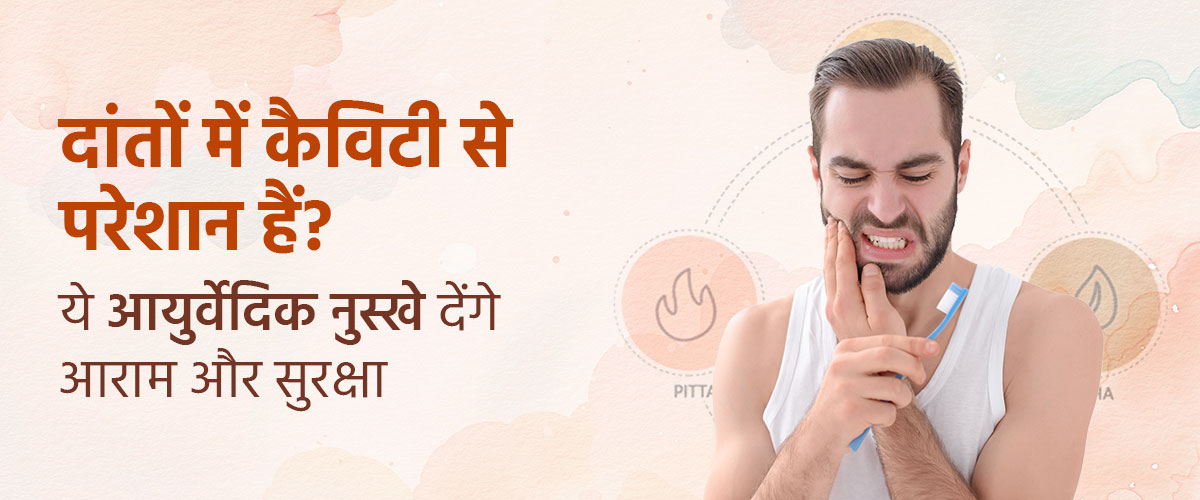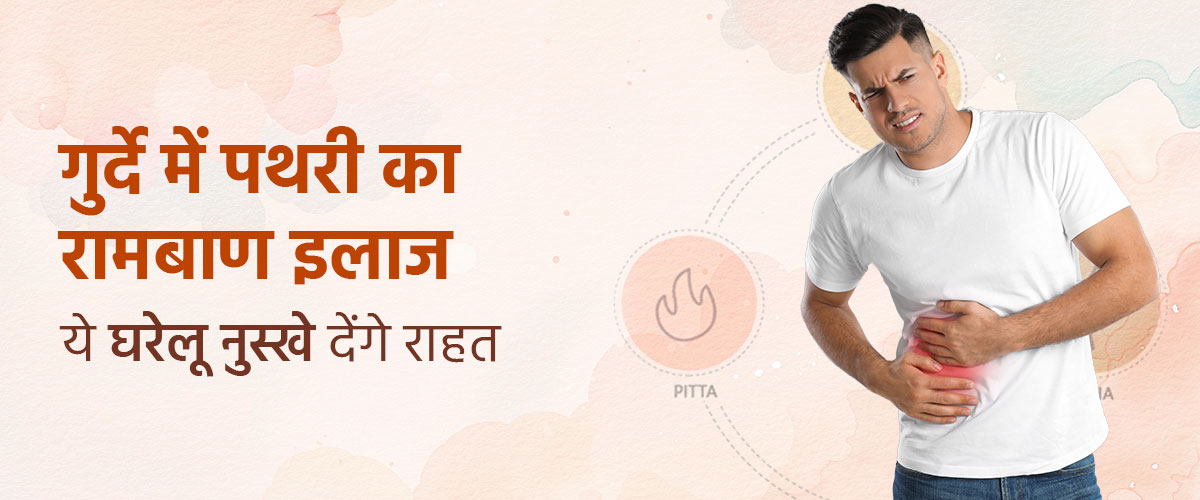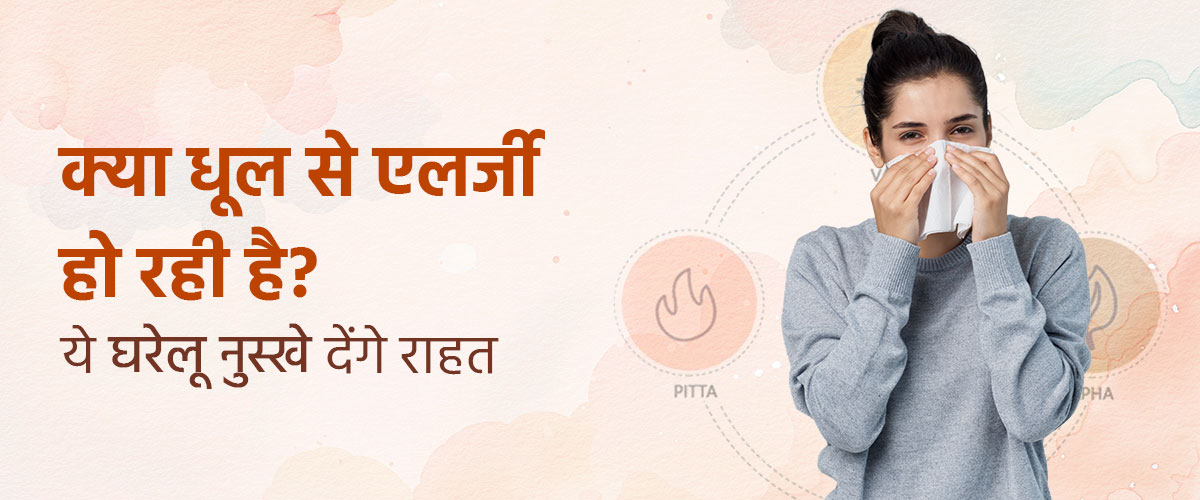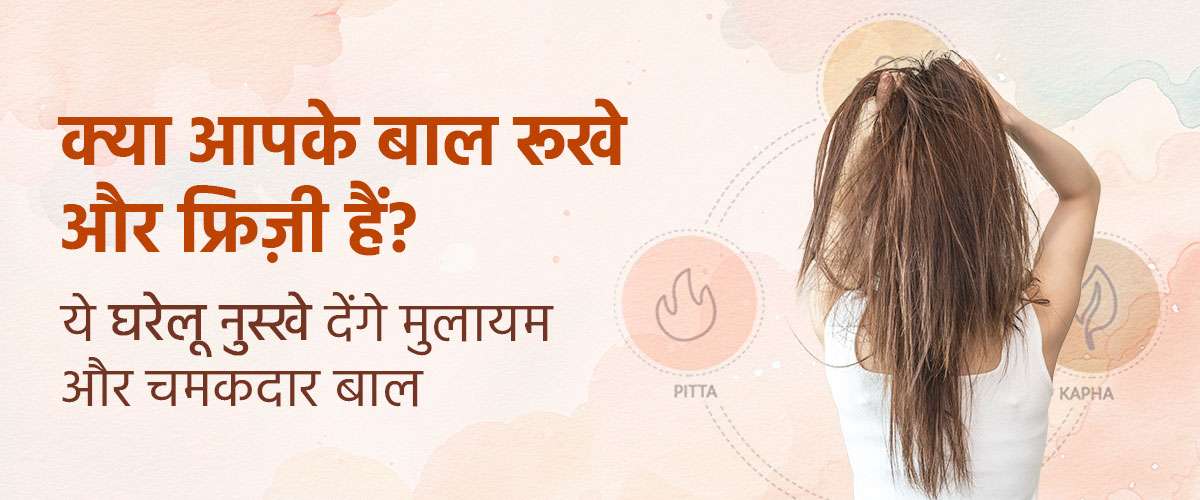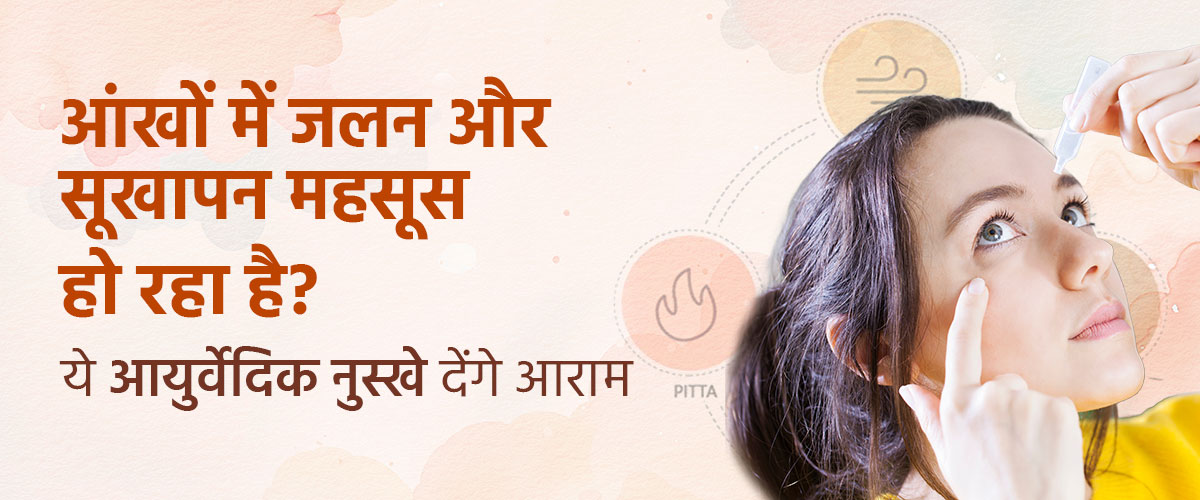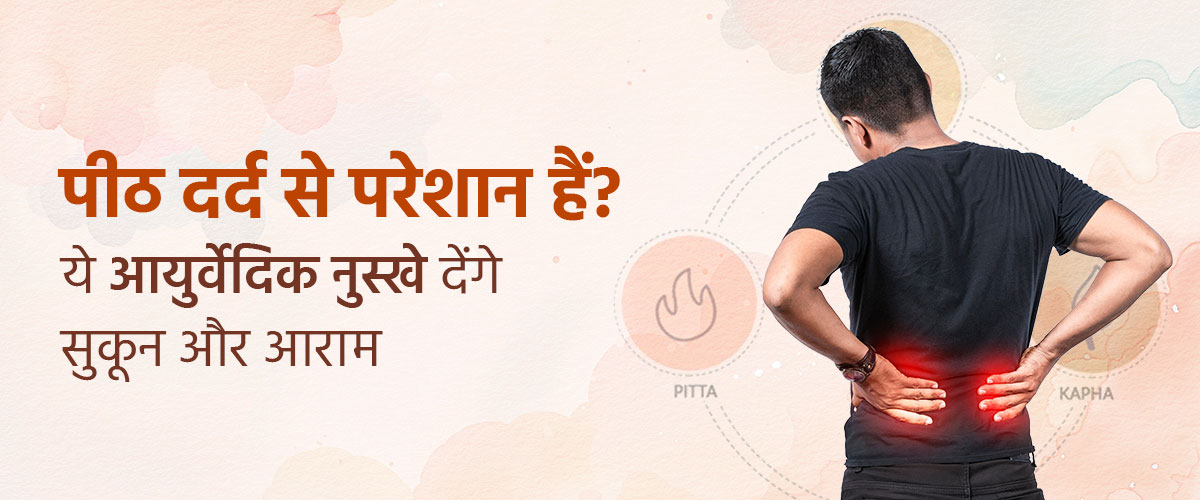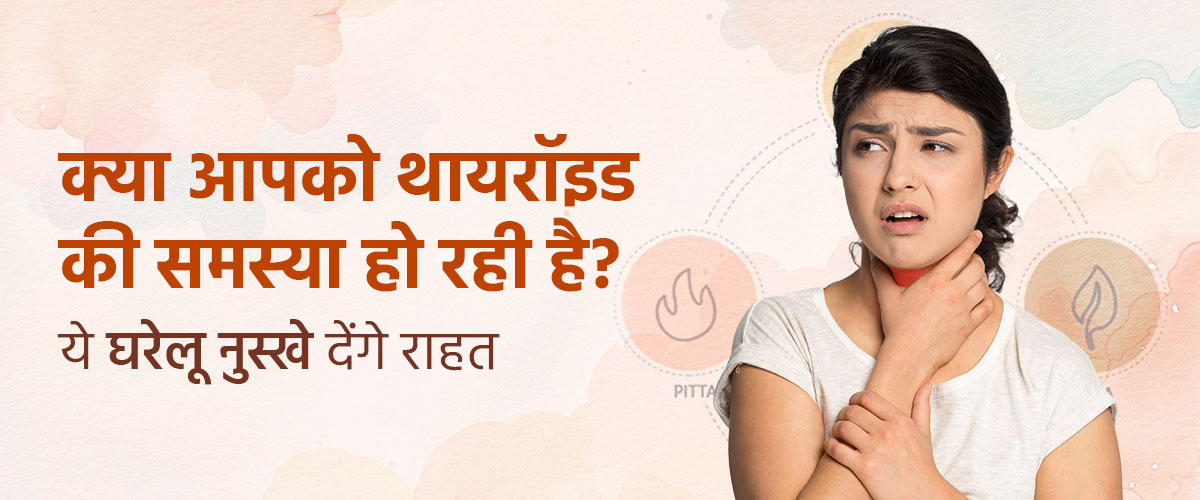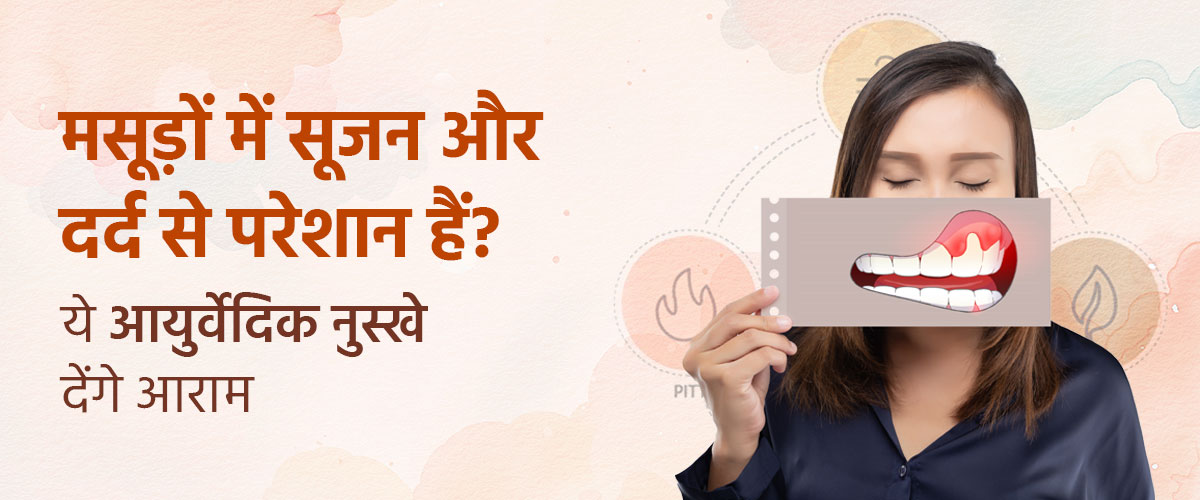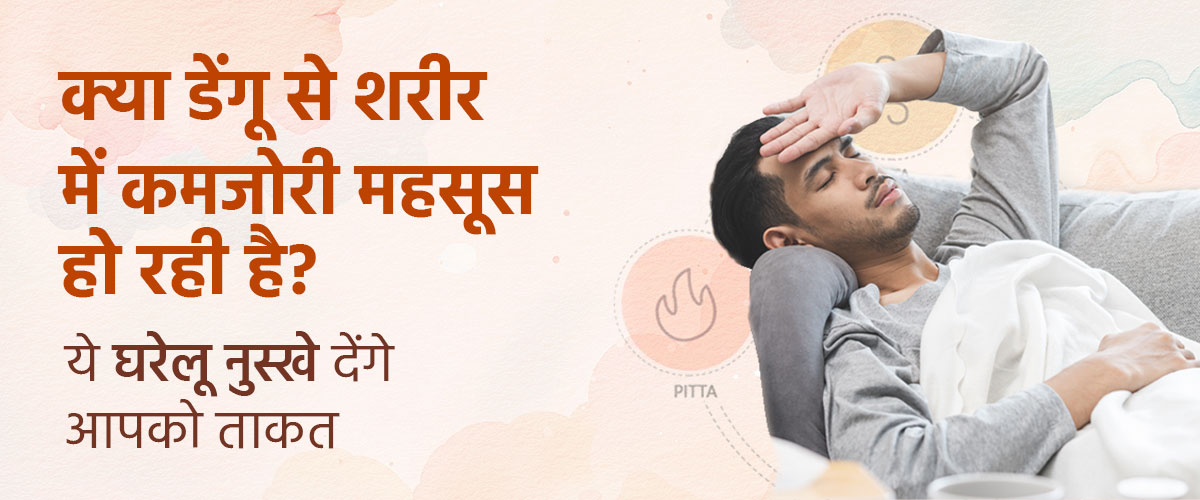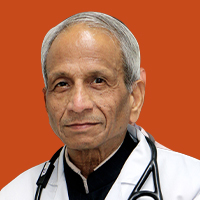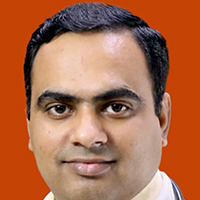Home Remedies for Dry Hair
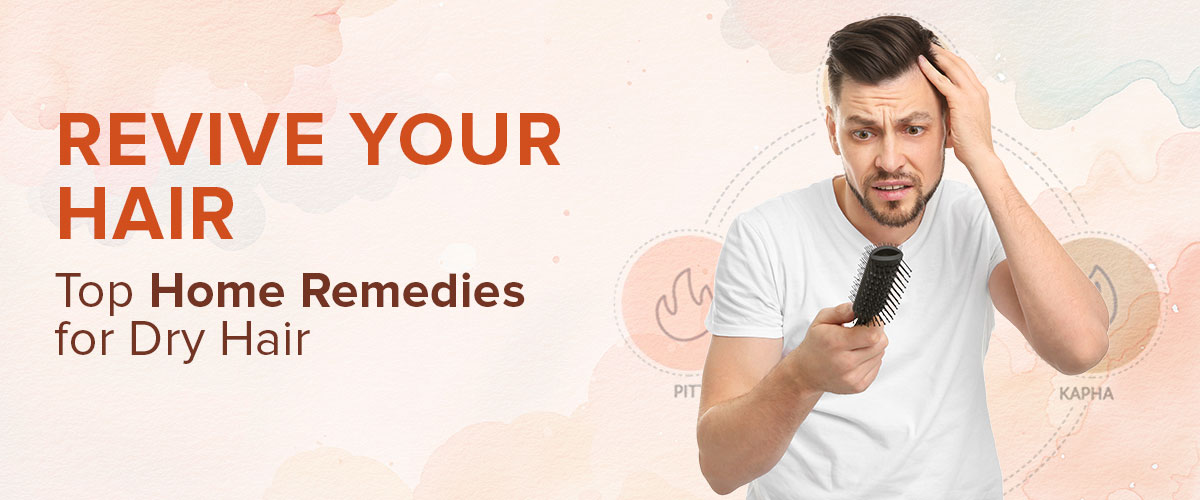
Did you know that 60% of young people in India under 25 experience dry hair & hair loss? This issue may range from a lack of luster to deep, structural damage causing unmanageable frizz and breakage. For most people, it is much more than a cosmetic problem; it is a source of constant frustration that impacts their daily lives and self-esteem.
Home remedies for dry hair offer a simple yet effective solution. These treatments draw from traditional practices, usually handed down through generations, and focus on natural healing and nutrition. What tends to make these remedies appealing is their simplicity and accessibility. Ingredients from your garden or kitchen can be used to make effective treatments which provide your hair moisture and vitality. This approach fits a more sustainable and holistic lifestyle with personalised hair care for your specific hair needs.
What is Dry Hair?
Dry hair is a condition where your hair lacks oil and moisture to keep it shining, smooth and strong. Dry hair may be rough to the touch, look dull, & become extremely frizzy or breakable. The symptoms of dry hair include a brittle texture, split ends, and lack of luster in appearance. You might even find that your hair is tougher to manage, tangles more easily and is more unruly in humid conditions.
This may be worrying as healthy hair is essential for your overall appearance and confidence. Dry hair could be caused by genetic factors, lifestyle, environmental factors (sun exposure, dry air, pollution) and hair care practices like over washing, excessive heat styling and chemical treatments like dyeing or perming.
What Causes Dry Hair?
Understanding the causes of dry hair is essential for managing and treating it. Both external and internal factors strip your hair of its natural oils, which makes it appear damaged and dry. These are the main causes of dry hair :
Genetic Predisposition: Some individuals naturally have drier hair, particularly those with curly or coily types of hair. This particular hair texture could prevent scalp oils from covering the whole strand of hair.
Environmental factors: Exposure to the sun, rain, dry air and even hard water could deplete moisture from your hair. Swimming in chlorinated pools or salt water also causes dry hair.
Overwashing: Using harsh shampoos too often not only eliminates dirt and grime but can even strip away natural oils which keep hair moist and protected.
Heat styling: Tools including blow dryers, straighteners and curling irons dry out hair easily if used excessively and without proper heat-protective products.
Chemical treatments: Chemical processes like colouring, perming and relaxing harm the hair cuticle and increase moisture loss.
Poor hair care: Using the wrong conditioners or not addressing tangled hair gently can lead to more dryness.
Nutrient deficiencies: Insufficient nutrition, such as vitamins A, B E, C, zinc, and omega 3 fatty acids - may cause dry hair and baldness.
Medical conditions: Sebum (natural oil) production could be reduced by specific health problems including hypothyroidism or hormonal imbalances and cause dry hair.
Identifying the causes of dry hair helps individuals to choose targeted remedies or changes in their hair care regimen to fix the problem.
Home Remedies and Tips
Dry hair can be restored with easy to prepare home remedies. Some effective solutions for hair nourishment & renewal are:
Egg Treatment: Protein and various other nutrients found in eggs can strengthen the hair. For a hydrating hair remedy, beat 1 egg and apply on your hair from root to tip. Leave on for around twenty minutes and rinse using cool water and mild shampoo. This home remedy promotes healthy hair growth by increasing keratin production.
Lime Rinse: The antibacterial properties & vitamin C content of lime makes it a fantastic remedy for scalp infections. You can squeeze 1 lime in a cup of water and use it as a final rinse after shampooing. This will clear up scalp infections and leave your hair shining.
Massage with Coconut Oil: Known for its deeply moisturising qualities, coconut oil can reduce dandruff and improve hair shine. Heat coconut oil and apply it to your hair and scalp. Leave it overnight and wash off in the morning with a mild shampoo. This helps restore moisture and encourages hair growth.
Curry Leaves Infusion: Curry leaves are more than a staple in food preparation; they're also a potent hair tonic. Boil some curry leaves in coconut oil to release their nutrients. Cool and strain the oil and apply it on your hair and scalp. Wrap your hair with a warm towel for around thirty minutes prior to washing. This can revitalise your roots and promote hair growth.
Aloe Vera Gel: Aloe vera moisturises the hair and kills bacteria, making it useful for the treatment of dry, frizzy hair. Take the gel from an aloe vera leaf and use it on your scalp and hair. Leave on for about 30 minutes & then rinse with mild shampoo. This restores life to damaged hair and decreases scalp itching.
Hibiscus Treatment: Hibiscus flowers and leaves may be ground into a paste and used on the hair. This helps with dandruff and increasing hair volume. Leave the paste on your hair for approximately one hour before washing off. Hibiscus is particularly great for stimulating growth of hair and combating hair fall.
Each of these remedies could be easily created at home and added to your hair care routine. Consistently applying these natural treatments can improve the health and look of your hair.
Lifestyle and Diet Recommendations
Managing dry hair is not just about topical cures; it also requires lifestyle and dietary changes. Here are some lifestyle changes you can make to help improve the health of your hair:
Hydration: Drinking sufficient water is essential for hair health. Drink eight glasses of water each day to keep your hair hydrated from the inside out.
Balanced Diet: Include a sufficient intake of omega 3 essential fatty acids, vitamins and minerals which are important for hair health. Foods to include are salmon, walnuts, flaxseeds, carrots and green leafy vegetables. They offer nutrients that are needed to strengthen the hair and keep it moist.
Proteins Intake: Protein is essential for hair health since hair is primarily made from protein. Include sufficient protein from eggs, nuts, dairy products, and lean meats to help strengthen hair follicles and avoid breakage.
Vitamin-Rich Foods: Vitamins A, C, and E are particularly essential for hair health. Include a lot of fruits and vegetables like oranges, peppers, berries, and almonds to get the necessary vitamins.
Minimise Heat Styling: Cutting down your use of heat styling tools like hair dryers, straighteners and curling irons can help avoid further drying and damaging your hair. In case you must use these tools, apply a heat protectant product first to minimise harm.
Regular Trimming: Getting regular trims every 6-8 weeks keeps your hair in good health & free from split ends. This prevents the higher parts of your hair strands from becoming brittle and dry.
Soft Pillowcases: Switch to silk or satin pillowcases as less friction implies less hair breakage compared to cotton pillowcases. This easy change can keep your hair smooth and less tangled.
Avoid Harsh Chemicals: Avoid hair care products which have toxic chemicals like parabens and sulfates. These strip the hair of essential oils. Choose organic or natural hair products which are gentler on your hair.
With these lifestyle and dietary modifications, you can manage the symptoms of dry hair and promote a thicker, healthier mane. These adjustments boost hair quality and overall health too.



 Prev
Prev
